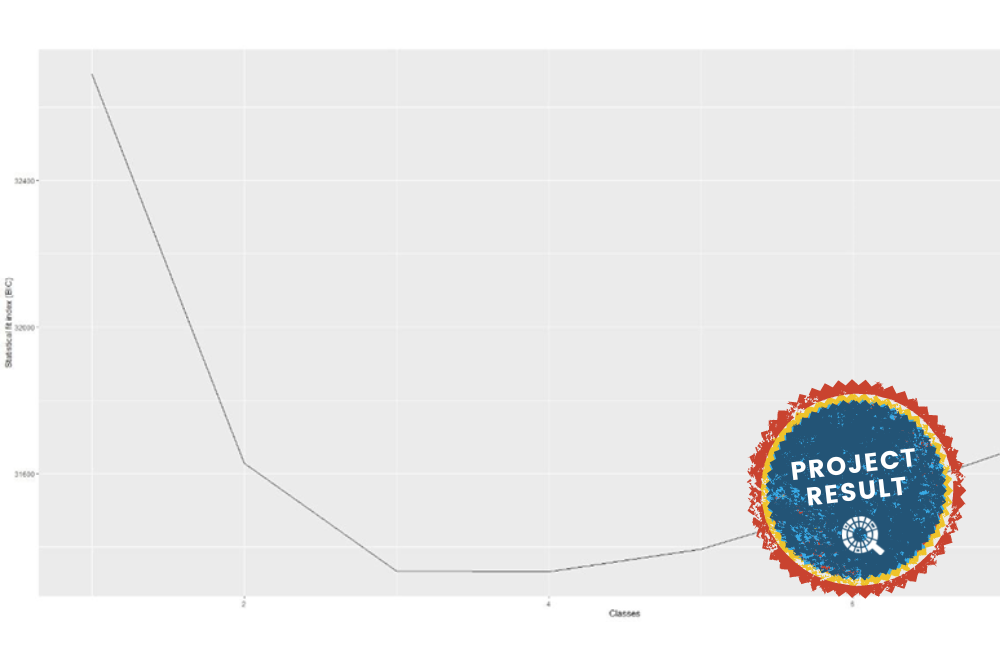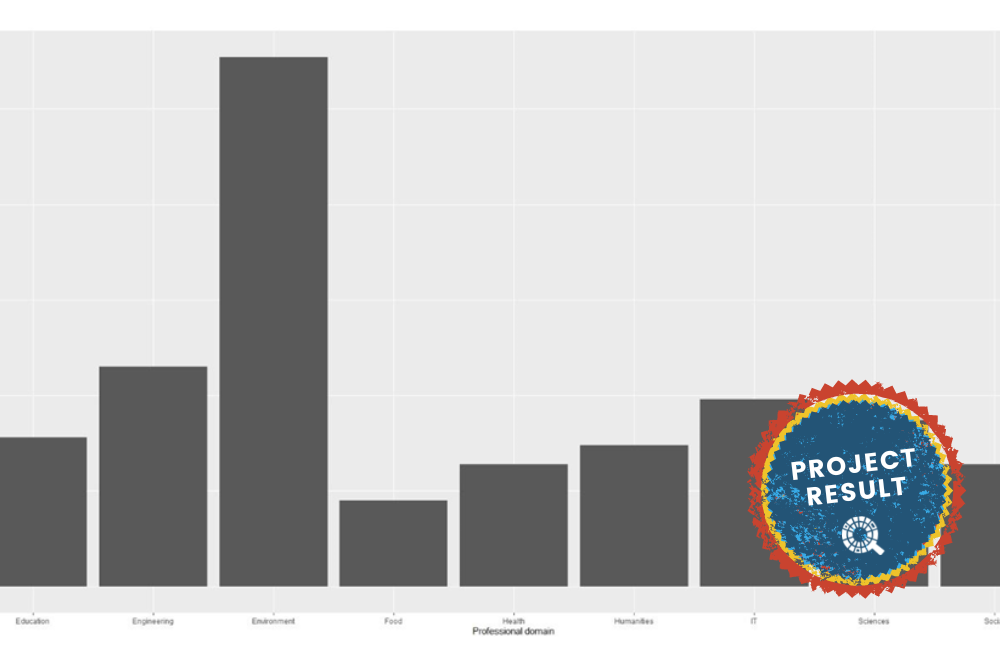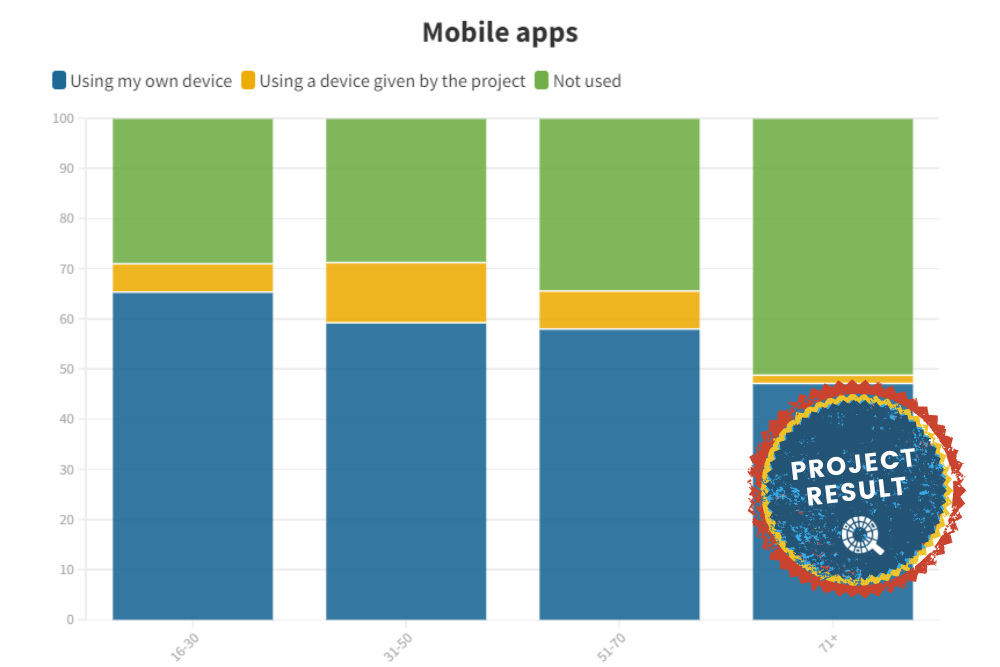The term ‘Citizen Science’ has had a remarkable career in terms of scientific publications and funding schemes. Citizen science policies are either already developed or under development in many parts of the world. However, the question of definition is one that still garners considerable attention amongst those interested and involved in Citizen Science – including the research team responsible for the recently published CS Track report, the Framework Conceptual Model. The lead authors, Christine Urban and Michael Strähle from Wissenschaftsladen Wien – Science Shop Vienna argue that this issue of definition goes beyond simple word meaning, and relates to questions like What do those who are active in citizen science contexts expect to achieve?
Citizen science is gaining more attention and support, but the term itself and what it involves remains a matter of debate
In this new CS Track report, the team points out that, in spite of its extensive use and the many promised benefits for society, even highly specialised scholars are far from agreeing about what precisely Citizen Science means. The only broad consensus that has been reached is that the term is indistinct. The question whether this state of affairs is even a disadvantage and whether an agreed terminology is desirable or not, on the other hand, remains contested. This is particularly remarkable in view of the many benefits for science and society that are postulated for a wide variety of conceptualizations that are partially incompatible. Those who argue against rigid definitions see a risk of excluding activities and narrowing down the diversity of Citizen Science (Heigl et al., 2019a; Auerbach et al., 2019; Heigl et al., 2019b).
But how can one talk about citizen science, let alone investigate the phenomenon in its different manifestations and assess the many promised benefits for science and society without having a clear common understanding of what it means?
Among those firmly advocating for the creation of a binding international definition are Florian Heigl, Barbara Kieslinger and Daniel Dörler, who regard such a binding definition as a necessary precondition for the development of standards for citizen science. They sum up the current and in their eyes unsatisfying situation as follows:
But what exactly qualifies as citizen science? It is interpreted in various ways (1) and takes different forms with different degrees of participation (2). In fact, the label citizen science is currently assigned to research activities either by project principal investigators (PIs) themselves or by research funding agencies. (Heigl et al., 2018, 8089)
One could add that it is also other scholars who sometimes assign the term rather arbitrarily, because of the aforementioned lack of clear definitions.
In spite of intensified discussions as the term ‘Citizen Science’ is used more and more often, the challenge to find clear terminologies remains, as the most recent literature shows: In 2021, Vohland et al. still ask the question “What is citizen Science?” and describe it as broadly referring to “active engagement of the general public in scientific research tasks.” (Vohland et al, 2021, p. 1). But even this very general and inclusive definition excludes some activities which are presently recognised as citizen science: citizens’ deliberation on research policies, for instance, would not fall into the category of “research tasks”. Also, when individual citizens or NGOs request information or more research on a certain question, they may trigger research without further “active engagement!.
Moreover, the umbrella label ‘Citizen Science’ frequently used in reference to processes of exploration and innovation taking place in fab labs or maker spaces, but these are usually not considered to be “research tasks” either
This means that, adapting the above sentence, in the broadest sense one could say that ‘Citizen Science’ is currently a rather vague term that refers to the active (or passive) engagement of the general public in activities that are in some respect related to science and/or innovation, excluding those members of the public who receive substantial monetary compensation for their contributions.
This excerpt is taken from the CS Track Public Deliverable 1.1 Framework Conceptual Model edited by Michael Strähle &Christine Urban
For more information
To learn more about citizen science read the full report entitled “Framework Conceptual Model” here.
References
Photo by Alexander Suhorucov on Pexels.















